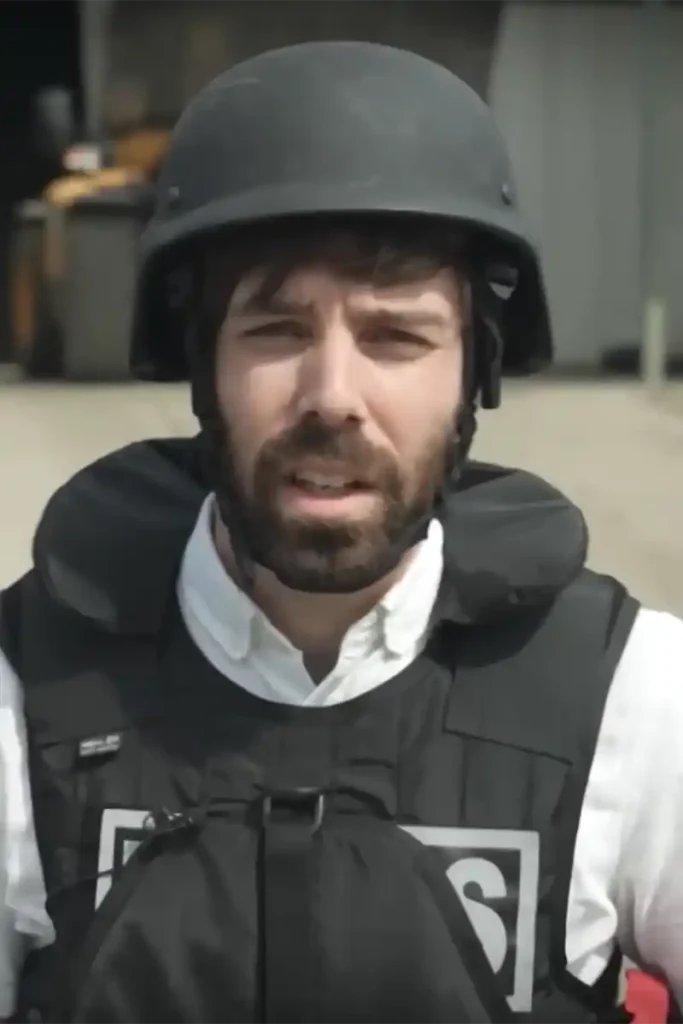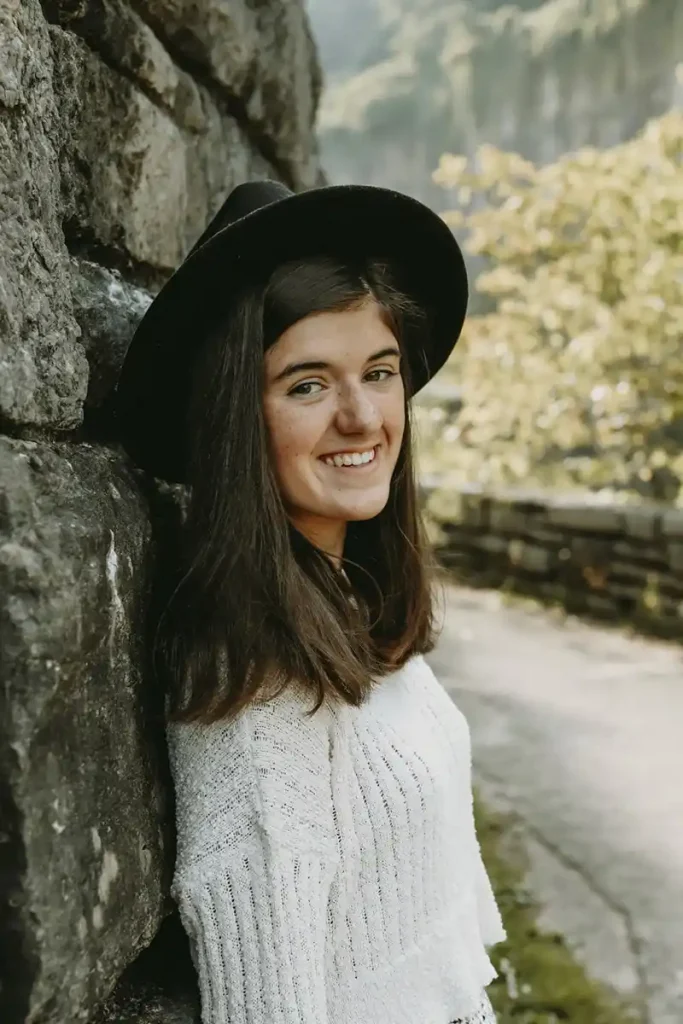English Major to Special Correspondent: Amien Essif and Finding Stories in the Chaos of Information
English Alum Amien Essif discusses how English prepared him for a career in journalism through telling human stories.
Erin Cantrell: What was your career path from an undergraduate student in Knoxville to becoming Special Correspondent with Deutsche Welle?
Amien Essif: After I graduated from UTK, I spent the summer of 2012 writing a cover story for the MetroPulse, which was Knoxville’s major alt-weekly paper at the time. That was my first foray into professional journalism, as I didn’t major in journalism but rather English Literature and French studies. I moved to Chicago after that summer, where I interned at the magazine In These Times, and published articles and op-eds in other outlets, like the Guardian. I moved to Berlin in 2015 and continued freelancing for US outlets, but soon landed a traineeship at the public broadcaster Deutsche Welle, and I’ve been with the company ever since.
EC: What does your day-to-day look like as a Special Correspondent with Deutsche Welle?
AE: The position of Special Correspondent was created at DW in late 2022 for me and two other colleagues in order to have a small team of reporters who could help cover the war in Ukraine and other major events and crises around the world: so-called “special” assignments, hence the title. For the past two years, we’ve been rotating in and out of Ukraine and Israel/Palestinian Territories. I’ve also had the opportunity to report from Lebanon, the US, Morocco, and Greece. When I’m not traveling, I’m based in Berlin where I host a YouTube talk-show called News Desk and produce videos for TV and social media platforms on various topics where I have expertise.
EC: How have English and journalism intertwined in your career field as a correspondent?
AE: Video journalism, which is what I do, demands an ability to find stories in the chaos of information, and to tell them in a way that reaches your audience on a deep level. Even more so than newspaper journalism, you have to be able to tell human stories, to find protagonists and show how global events have affected their lives. Studying literature may not be the only way to learn how to do this, but it certainly prepared me for this career.
EC: How did your education from the English department at the University of Tennessee help you in your career path? Are there any specific people who impacted the trajectory of your life?
AE: I tell people any chance I have that I loved the education I got in the English program at UTK. I can’t remember a professor I didn’t learn something from, and it was a grant from the Honors program that allowed me to purchase a video camera and make my first short documentary film and other journalistic video projects.
EC: What advice would you give to a student wanting to pursue a similar career in journalism and/or reporting?
AE: All journalists will tell you it’s a gamble. There are no guaranteed jobs in journalism. And many of the jobs that are available are the kind of jobs that no one studying journalism can imagine settling for, at least not when they’re young – proofreading, copywriting, and other desk jobs. My best advice is don’t do journalism jobs you hate, hoping to work your way up to a position that you actually want. Insist on doing meaningful work along the way and do it well, and if someone notices and gives you an opportunity, that’s good. But if not, at least you’ve done meaningful work.

Amien Essif graduated from the University of Tennessee-Knoxville in 2012 with a double major in Honors English literature and French studies. He got his start in journalism in Chicago covering the labor movement before moving to Berlin, Germany, where he now works as a presenter and correspondent for Deutsche Welle, Germany’s international public broadcaster. He’s covered major global events, from the current conflict in the Middle East to the Russian invasion of Ukraine.
Erin Cantrell is a senior at the University of Tennessee where she is earning her BA in Creative Writing and plans on attending Law School. She is a poetry, pickleball, and bad reality TV fanatic. Outside of school, you can find her on the volleyball court working with middle school and high school girls who remind her that life is only as fun as you make it.
